250 billion plastic fragments in Mediterranean
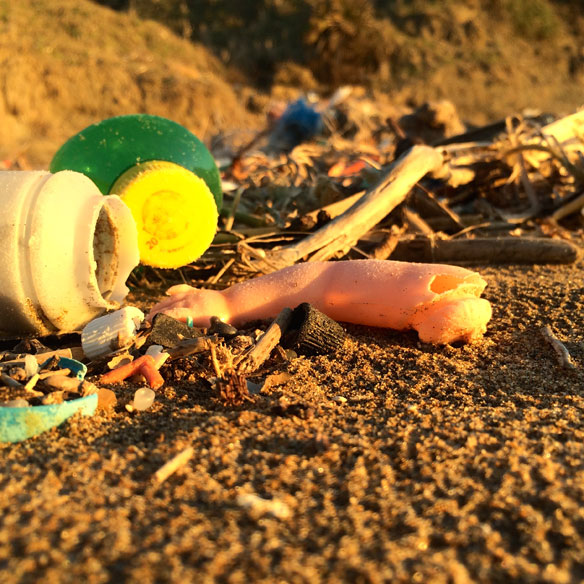
The estimate comes from French and Belgian marine biologists who analysed water samples taken in July off France, northern Italy and Spain. The figure derives from 4,371 minute pieces of plastic, average weight 1.8 milligrams (0.00006 of an ounce) found in the samples, which extrapolates to roughly 500 tonnes for the entire Mediterranean.
What’s Outside Counts, Too: European Law and Excess Packaging

The citizens of Lincolnshire, England, were so fed up with the layers of plastic and cardboard and Styrofoam that encased their store purchases this fall that they took a high-priced, highly wrapped piece of meat to court.
Urban Stormwater Runoff: A Significant Source of Beachwater Pollution
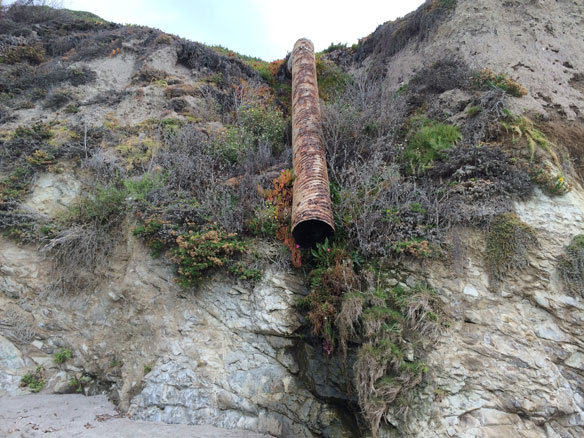
Stormwater runoff is generated when precipitation from rain and snowmelt events flows over land or impervious surfaces and does not percolate into the ground. Stormwater runoff is the most frequently identified source of beach closing and advisory days. The best way to protect beachgoers from water contamination is to prevent pollution from reaching the beach.
100% of Most Challenging Plastic Wrapping Could Be Recycled With New Technology

Researchers at the University of Warwick have devised a new technique which could process 100% of household plastic instead of the tiny fraction that currently actually gets processed.
Plastic Waste Pollutes Adriatic coast
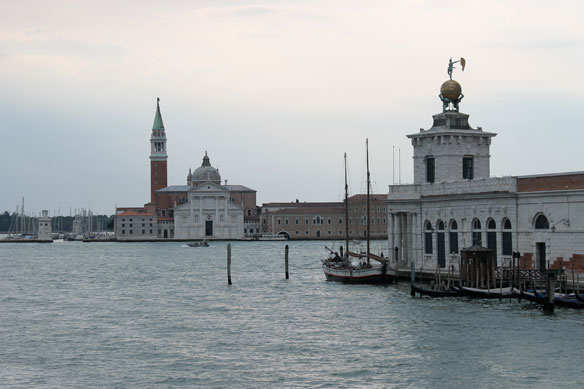
Such pollution is a regular occurrence, but it has increased this year.
Charging for Plastic Bags Cut Bag Consumption by Half in China
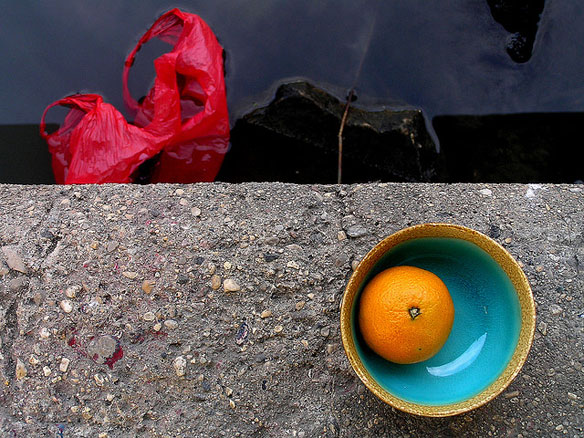
An environmental-economic evaluation of the Chinese ordinance against free plastic bags shows that people in China, the number one consumers of plastic bags in the world, reduced their consumption of plastic bags by half when stores were forced to charge consumers for the bags.
Parts of Los Angeles County ban plastic bags
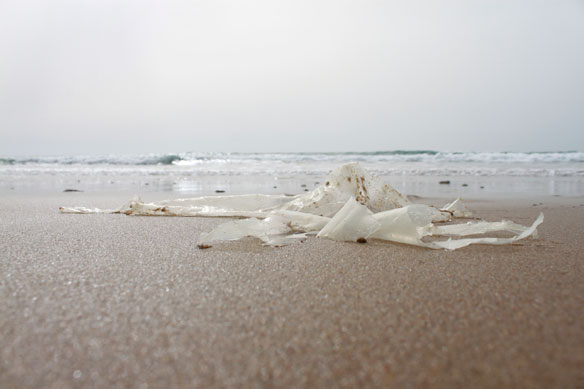
Parts of Los Angeles County have joined other California communities in banning stores from using single-use plastic bags.
Record number of British beaches reach highest European standards
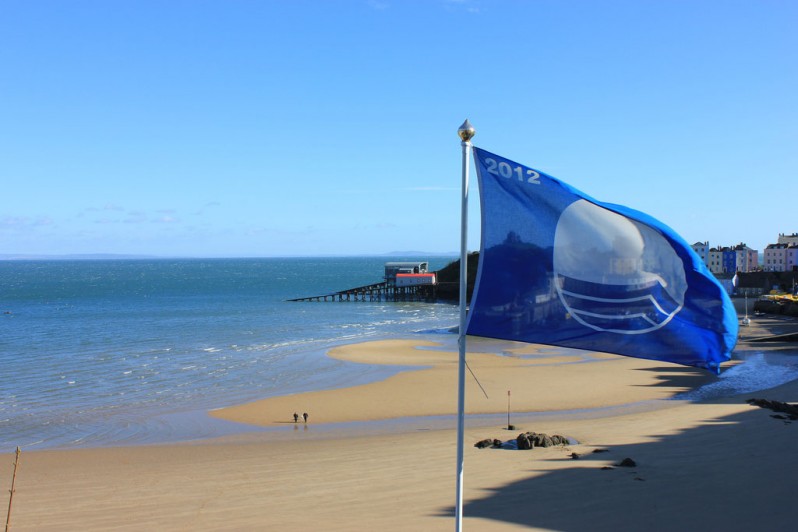
The number of blue flag beaches in England fell from 82 in 2008 to 71 last year, largely as a result of detritus and pollution. However, 86.2% of beaches (425) in England and Wales meet higher guideline standards this year, a huge increase from previous figures.
Plastic debris killing Adriatic loggerhead turtles
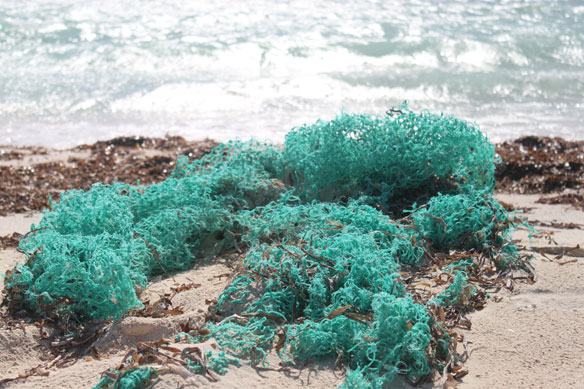
The shallow coastal waters of the northern Adriatic are one of the most important feeding grounds for loggerhead turtles in the Mediterranean. The concentration of litter on the sea floor is among the highest along European coasts, after the northwestern Mediterranean and the Celtic Sea.
